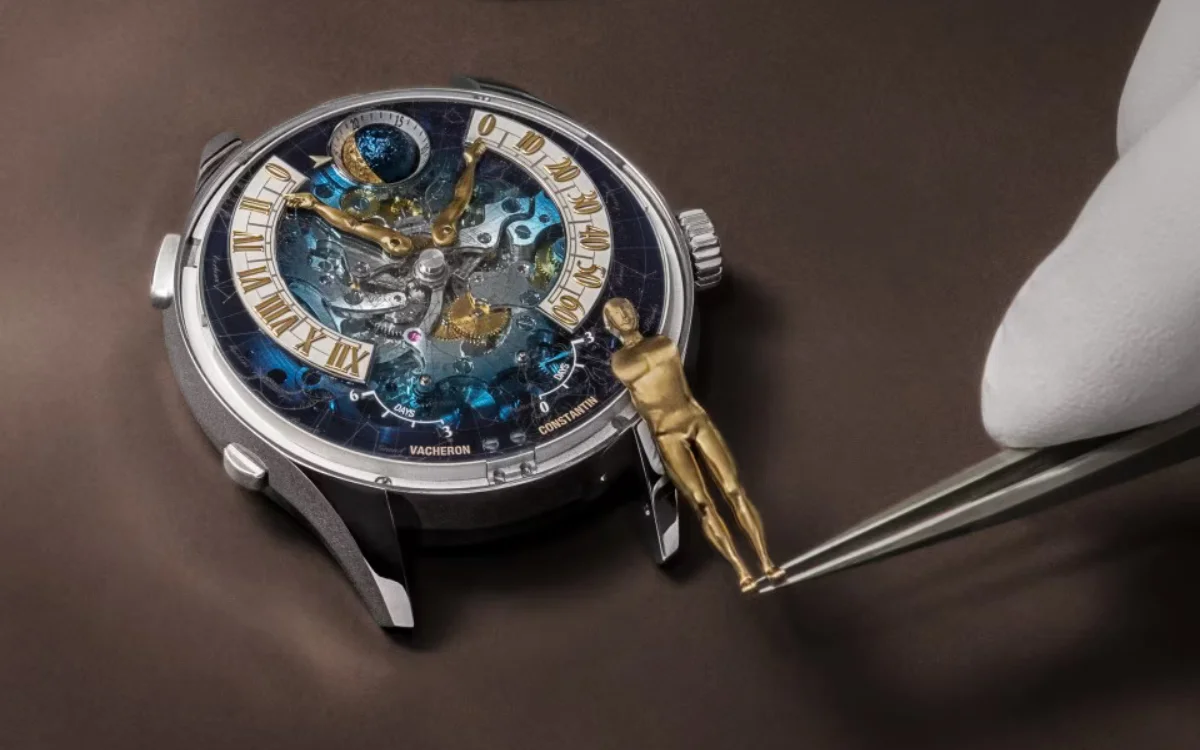How to differentiate NFTs from memecoins
The post How to differentiate NFTs from memecoins appeared on BitcoinEthereumNews.com. Disclosure: The views and opinions expressed here belong solely to the author and do not represent the views and opinions of crypto.news’ editorial. On the heels of July 4th celebrations, last Friday, July 18, President Donald Trump signed the GENIUS Act into law, making it the first federal law to regulate stablecoins. Approved by Congress on Thursday, July 17, the bill’s passage saw the digital asset industry assets surge past a $4 trillion market capitalization for the first time. Summary The GENIUS Act marks a turning point, becoming the first U.S. federal law to regulate stablecoins and boosting crypto’s market. Trump is leaning into the crypto spotlight, issuing his own stablecoin, NFTs, and memecoin, positioning himself as the “Crypto President.” NFTs and memecoins are fundamentally different: NFTs are unique, nonfungible assets tied to ownership, while memecoins are fungible, viral tokens driven by hype. Regulatory and tax treatment varies widely, with the SEC treating many memecoins as collectibles and the IRS applying up to a 28% tax on NFTs deemed collectibles. Expert consensus: buyer beware — memecoins can resemble gambling, while NFTs show more promise in gaming, art, and identity, but both demand careful vetting. The GENIUS Act imposes federal and state oversight on stablecoins—digital assets backed by the U.S. dollar—transforming realms of finance forever and making President Trump the de facto crypto president of our Nation. Flag – Rose by Selva Ozelli, USA 250 series President Donald Trump’s World Liberty Financial platform has a mission to “make crypto and America great” and has issued a stablecoin USD1. Additionally, prior to taking office for his second term, President Trump issued nonfungible tokens called “Trump Digital Trading Cards” as well as Official Trump (TRUMP) memecoin. While stablecoins are regulated by federal law, NFTs and memecoins are still in need of regulatory clarity…

The post How to differentiate NFTs from memecoins appeared on BitcoinEthereumNews.com.
Disclosure: The views and opinions expressed here belong solely to the author and do not represent the views and opinions of crypto.news’ editorial. On the heels of July 4th celebrations, last Friday, July 18, President Donald Trump signed the GENIUS Act into law, making it the first federal law to regulate stablecoins. Approved by Congress on Thursday, July 17, the bill’s passage saw the digital asset industry assets surge past a $4 trillion market capitalization for the first time. Summary The GENIUS Act marks a turning point, becoming the first U.S. federal law to regulate stablecoins and boosting crypto’s market. Trump is leaning into the crypto spotlight, issuing his own stablecoin, NFTs, and memecoin, positioning himself as the “Crypto President.” NFTs and memecoins are fundamentally different: NFTs are unique, nonfungible assets tied to ownership, while memecoins are fungible, viral tokens driven by hype. Regulatory and tax treatment varies widely, with the SEC treating many memecoins as collectibles and the IRS applying up to a 28% tax on NFTs deemed collectibles. Expert consensus: buyer beware — memecoins can resemble gambling, while NFTs show more promise in gaming, art, and identity, but both demand careful vetting. The GENIUS Act imposes federal and state oversight on stablecoins—digital assets backed by the U.S. dollar—transforming realms of finance forever and making President Trump the de facto crypto president of our Nation. Flag – Rose by Selva Ozelli, USA 250 series President Donald Trump’s World Liberty Financial platform has a mission to “make crypto and America great” and has issued a stablecoin USD1. Additionally, prior to taking office for his second term, President Trump issued nonfungible tokens called “Trump Digital Trading Cards” as well as Official Trump (TRUMP) memecoin. While stablecoins are regulated by federal law, NFTs and memecoins are still in need of regulatory clarity…
What's Your Reaction?



































